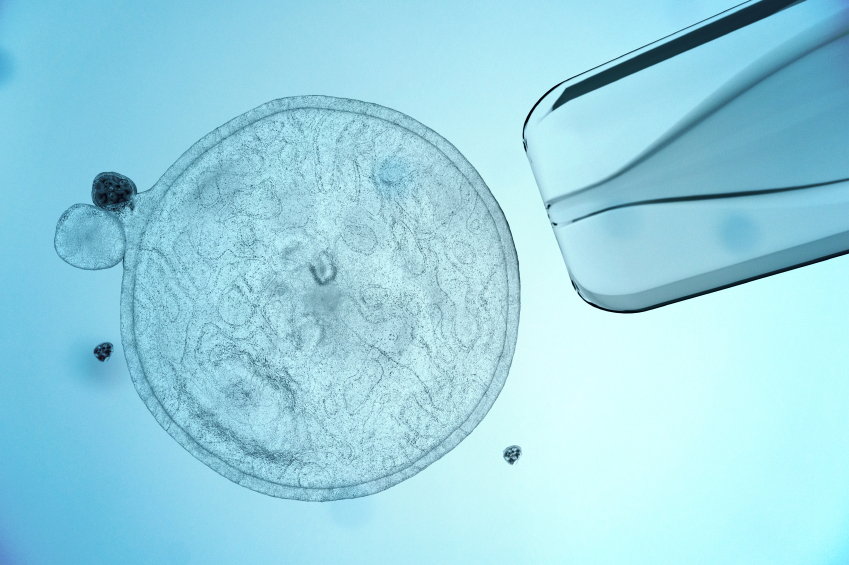Initially believed to be a “rumour” in the scientific communities, research conducted by Professor Junjiu Huang’s Chinese team on the handling of human embryos has now been confirmed.
The results of this world first were published in the Cell & Protein journal. The team led by Professor Huang, a research scientist at Sun Yat-sen University (Guangzhou), used “non-viable” human embryos obtained from medically assisted procreation clinics for their research. The team is aiming to modify the gene responsible for beta-thalassemia – a potentially fatal blood disorder. They used the genome modification tool, CRISPR-Cas9, for this purpose.
The team used the tool to replace this target zygote gene[1] in an attempt to witness its modification and repair during embryo development. The results were discussed in the Nature journal. Of the 86 embryos handled, only “a fraction” developed with the repaired gene. Despite “serious obstacles” hampering the use of this method in medical applications, according to Business Insider, the outcome of this type of research “may be closer than we think”.
This view to handling human embryos at the pre-implantation stage is strongly criticised within the scientific community. In fact, mutations will be transmitted to future generations, and could have unforeseen effects.
[1] First single fertilised cell forming the first stage in embryo development.
Nature (David Cyranoski, Sara Reardon) 22/04/2015 – Business Insider (Kevin Loria, Jennifer Welsh) 23/04/2015

